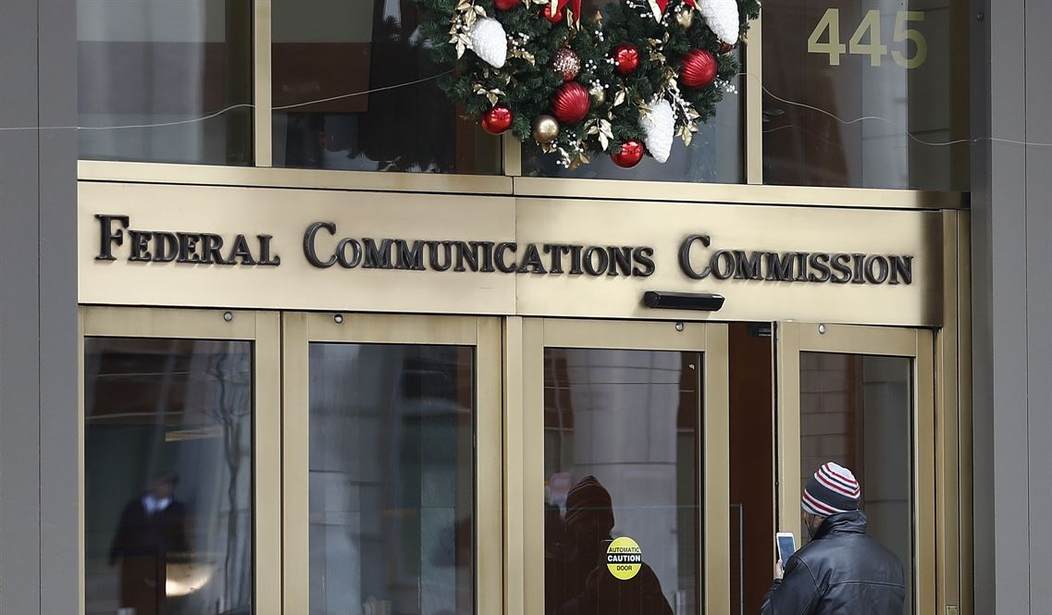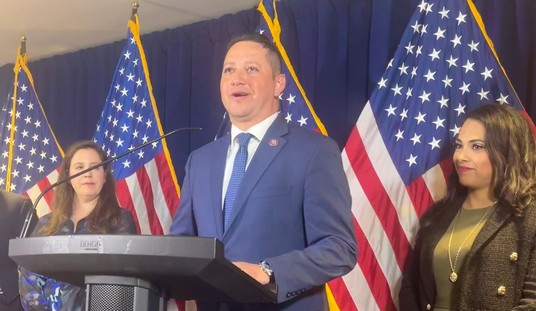As we approach the three-quarters mark of the Biden administration, the president has yet to convince the Senate to confirm a fifth FCC commissioner. After nearly two years of trying to push Gigi Sohn, whose views were considered too radical by both Democrats and Republicans, the White House has thrown in the towel and nominated a more mainstream telecommunications lawyer, Anna Gomez, in her place. The Senate Commerce Committee plans to hold a hearing on Gomez and the renominations of Commissioners Brendan Carr and Geoffrey Starks this Thursday.
A career attorney who has staffed both the FCC and the National Telecommunications and Information Administration, Ms. Gomez does not have an extensive public record of her views on controversial telecommunications issues. In her current role in the State Department, she has appropriately kept her thoughts on the digital discrimination rulemaking before the FCC to herself. Additionally, she was in private practice throughout the debate over Net Neutrality, both its adoption in 2014 and its repeal in 2017, and she has not weighed in on other key priorities of the FCC such as content moderation or the use of Chinese telecommunications equipment.
Senators should therefore use Thursday’s hearing as an opportunity to put Ms. Gomez on record about these important issues. Here are three straightforward questions the American people deserve to have answered by Ms. Gomez this week:
Question 1: Net Neutrality
In the three years that Net Neutrality was in effect, median download speeds for fixed wireless increased roughly 44% according to figures from speed tester Ookla. In the three years after repeal, we saw a 190% increase in median download speeds. Additionally, median mobile download speeds have increased more than 250% since the repeal of Net Neutrality. Given that warnings of apocalypse proved hyperbolic and that both speeds and investment seem to be improving without net neutrality in place, do you believe it is time to revive this old policy or consign it to the ash-heap of History?
Recommended
Question 2: Digital Discrimination
The FCC is currently working on a definition of “digital discrimination” pursuant to Section 60506 of the Infrastructure Investment and Jobs Act. This definition will determine which ISPs end up in court over their past decisions on where to build out. Thousands of pages of comments have already been submitted arguing for different interpretations of what constitutes discrimination of digital access. The key disagreement is over whether to use a “disparate treatment” standard, where the government would need to prove intentional discrimination against specific groups, or a “disparate impact” standard, where the government would only need to demonstrate that outcomes varied between groups.
The jurisprudence on this matter varies depending on the issue at hand. In housing discrimination, for example, disparate impact has long been taken as proof of civil rights violations for racial minorities. However, the Supreme Court has more recently ruled that different rates of absentee ballot use by different ethnic groups did not amount to a violation of the Voting Rights Act.
Furthermore, studies show that areas with the fewest minority residents (0-10% of the population) also had the lowest rates of fiber availability at around 40%. Areas with the most minority residents (90-100% of the population) had among the highest rates of fiber availability at nearly 52%. Under the disparate impact standard, FCC must conclude white Americans have been the victims of systemic digital discrimination by the fiber industry. Do you believe that white Americans have been the victims of systemic discrimination by the broadband industry? If not, shouldn’t the FCC adopt a disparate treatment standard and require proof of intent when adjudicating these disputes?
Question 3: Content Moderation
Both left and right are upset by social media platforms’ content moderation practices. Progressives are concerned about misinformation and want to see more censorship by platforms. Conservatives are troubled by reports of collusion between law enforcement and Twitter to censor dissenting views.
Former FCC Chairman Ajit Pai has suggested that the commission already has the authority to change its interpretation of the Section 230 liability protections for platforms. According to Pai, an overly broad interpretation could “shield social media companies from consumer protection laws in a way that has no basis in the text” of the statute. Do you agree that the FCC already has the statutory authority to reinterpret how Section 230 has been enforced, and if so what changes to current practices would you support?
The FCC has risen from an obscure body keeping radio waves from bleeding into one another in the 1920s to become one of the most powerful and important federal agencies in the 2020s. In many ways, it literally controls the flow information, but it will also influence how broadband subsidies are spent and how quickly download speeds improve. The American people deserve to know where FCC nominees stand on these key issues. Senators should get clear answers from Anna Gomez on her views this week.
























Join the conversation as a VIP Member